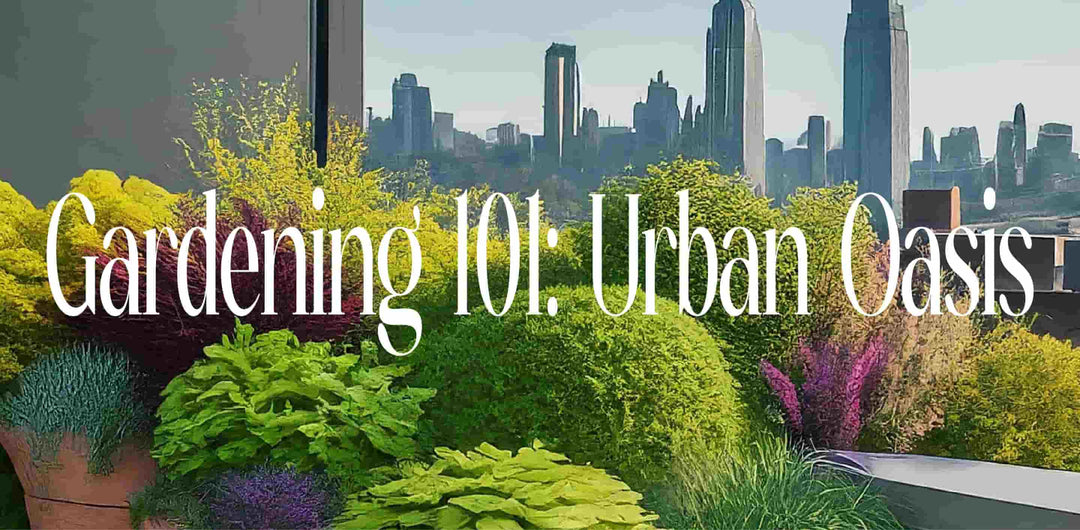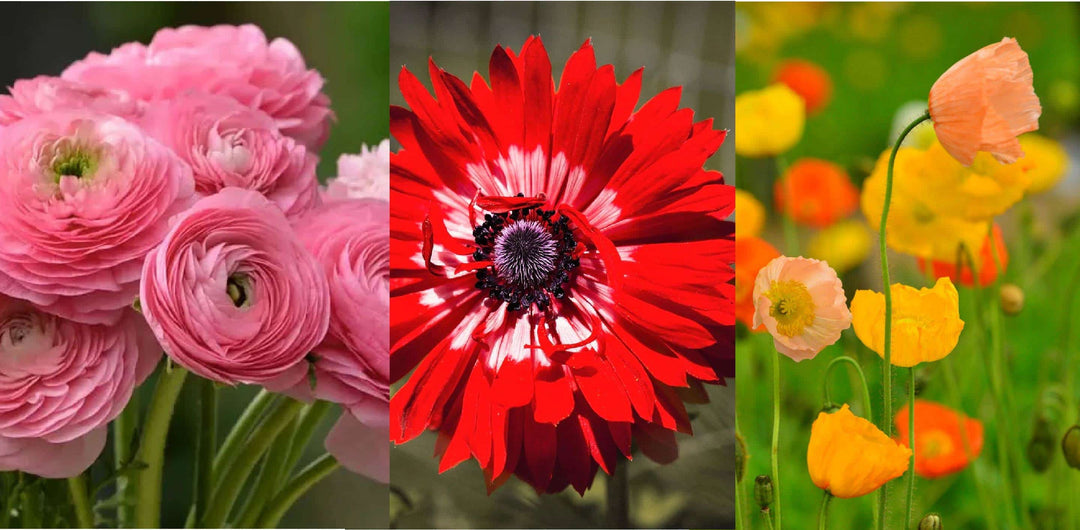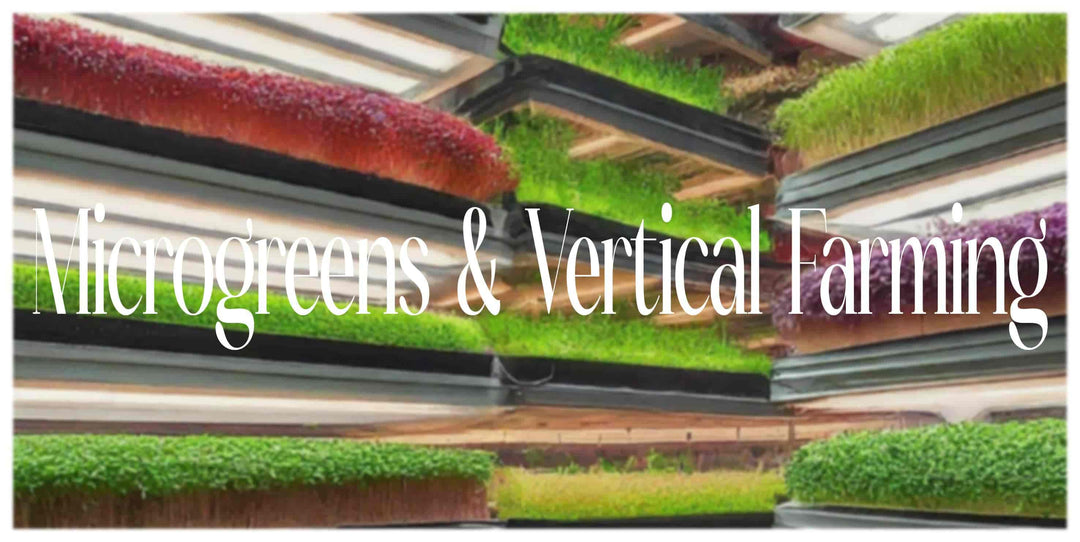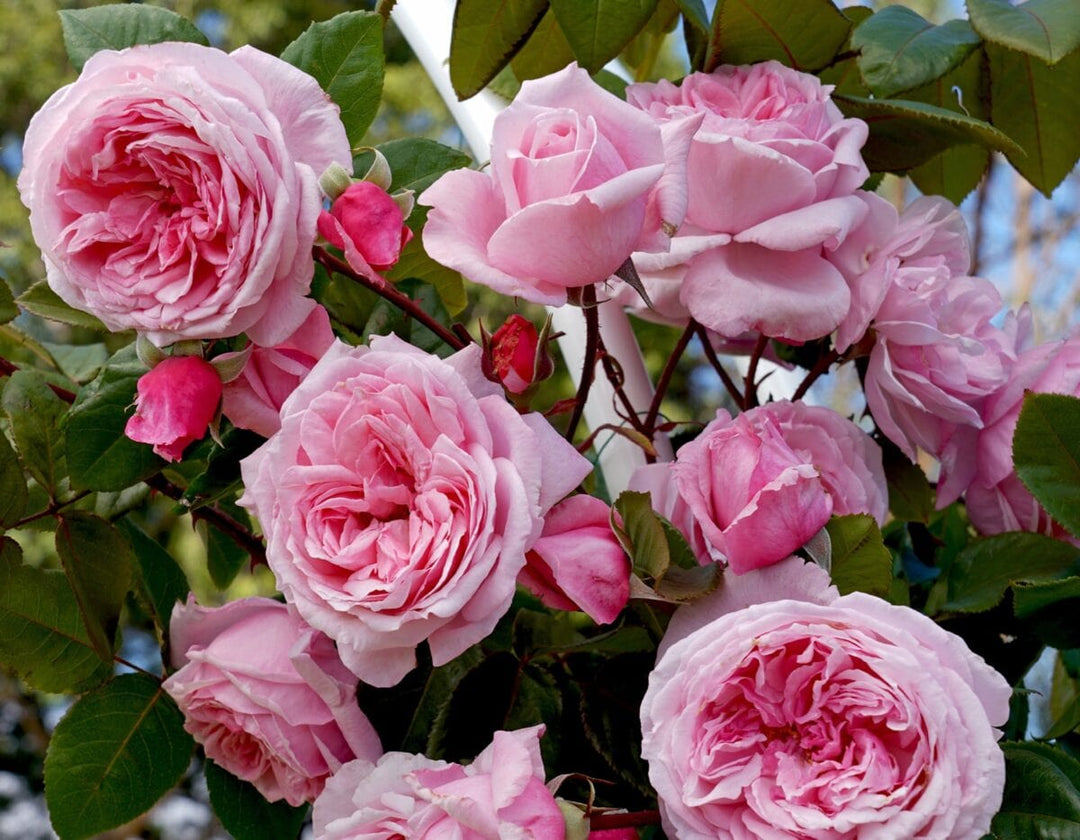Sustainable Gardening 101
If you haven't heard of sustainable gardening, or if you have and you're looking for ways to implement eco-friendly changes to your garden, I’m here to help! In this article, I will discuss what sustainable gardening is, why it is important, how you can make changes at home and how I can help.
What is sustainable gardening?
Sustainable Gardening is an organic method of gardening that deters the use of products that harm the environment. These products include chemicals like pesticides and unnatural fertilizers, gardening tools that use power or gas tools and the use of plastic or new material products. Unfortunately for us, some of our unsafe household products come with warning labels that are too small to notice or read clearly. Allowing us to use them without knowing the harm that they can have on our health and environment. Let's take a closer look at some of the products you might want to reconsider if you're trying to create a more sustainable garden.
Pesticides & Herbicides
Pesticides are chemicals created by humans as a tool to remove unwanted guests (weeds, insects, fungi...etc.) from our gardens and crops. Used largely in farming for produce, pesticides are also used at home. Although seemingly harmless, pesticides have been proven to have extremely negative impacts on our health and wellbeing, as well as the planet.
For our health, the use of pesticides can lead to organ damage, reproductive issues, cancer, vomiting, headaches and more. For our environment, I see the damages created by pesticides in our air, water, and soil by affecting the micro-organisms that live in these ecosystems. As a result, this has largely impacted the health and population of many wildlife species. For some birds, the consumption of insects poisoned by pesticides has affected their reproductive organs by producing weak eggshells that get crushed when nesting. Pesticides have also affected the population of many bird species by killing the insects needed to feed these birds.
What this information and research have allowed us to do, is to identify where I can make changes for the better in our gardens, by making them more sustainable for the planet and ourselves. To reduce the use of chemicals in your garden, create a sustainable compost to feed your plants and shop for organic products. At Wildwood Outdoor Living, I offer a huge variety of organic alternatives to help make your garden more sustainable. Here are a few of our favourite organic products, to help you grow a sustainable garden at home.
Garden Tools
Picture yourself in your garden, enjoying the sun and the plants. Everything is healthy and growing. It's not often I look at our garden and notice all the plastic waste that I might have created along the way. If you look again, you might notice plastic netting, string, pots, garden tools, labels, and packaging. In sustainable gardening, I want to identify the ways I can reduce our carbon footprint by reducing waste. Let's look at how I can reduce waste in our garden, allowing us to do our part as gardeners to clean up the planet.
Netting/String - Using plastic netting or string in your garden can be lethal to many animals including deer and birds. These plastics are non-recyclable and often end up in landfills that spill into the ocean trapping whales and other marine life. A sustainable gardening alternative to using plastic netting and string is twine. Twine is made from renewable resources like cotton, hemp and jute and is biodegradable, making this a perfect sustainable gardening alternative to plastic netting and string.
Potting - Often when I purchase our plants, they come in a plastic container. From that container, I replant them into a small pot and then continue to replant them into larger pots as they grow. If you're using plastic pots, that's three or more plastic containers for just one plant. As an alternative to plastic pots and containers, try using biodegradable ones! Biodegradable pots are a leader in sustainable gardening, as they are completely composed of organic materials and are also fully biodegradable.
Labels - This is one of the easiest ways to make your garden sustainable and often the first practice to put in place for beginners. Let's consider how many plants I have in our garden. Now, of that total, how many of those plants have a label? How many of those labels are going in the garbage when the season is over? That amount of waste can be reduced by using popsicle sticks or rocks as labels to mark your beautiful plants, making them 100% sustainable.
Garden Tools - When purchasing garden tools, try to purchase tools that are made from recycled materials, have no plastic accessories or that are good quality, to ensure a one-time purchase. Sustainable alternatives to plastic garden tools are tools made from recycled metal and wood. If you can't find a sustainable alternative for the tool you need, try asking a neighbour to borrow one!
Not only can the use of chemicals and plastic waste pose serious health risks to ourselves and our planet, but it also introduces chemicals to our plant's health and taste. By making your gardens more sustainable and organic, you're not only improving your health, helping our wildlife friends, and decreasing your carbon footprint but you can also expect healthier chemical-free plants!
As gardeners, our planet needs us to do our part and help where we can. Sustainable gardening is a growing method of gardening that fosters unlimited options and creative ideas to keep our green thumbs growing. Stay tuned for more sustainable gardening tips and tricks from Wildwood Outdoor Living Centre.













